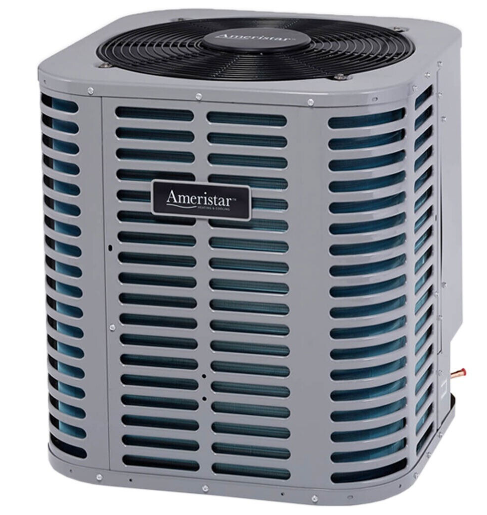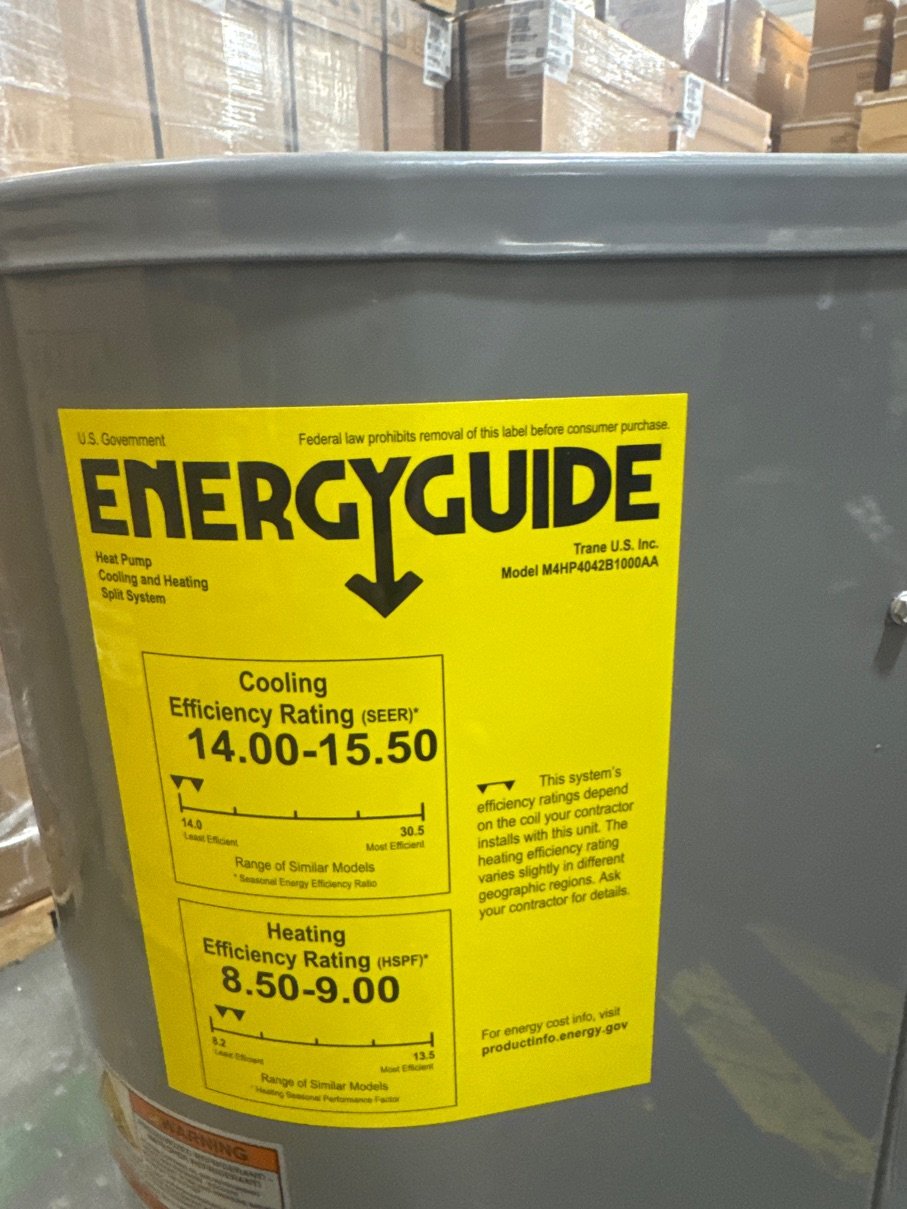**UNIT INCLUDES A MANUFACTURER’S WARRANTY. REGISTER YOUR UNIT WITH THE MANUFACTURER FOR DETAILS**
**DAMAGE** SEVERE COSMETIC DAMAGE AND COIL SLIGHTLY DENTED. NO VISIBLE LEAKS.
Product Details
Product Details
**UNIT INCLUDES A MANUFACTURER’S WARRANTY. REGISTER YOUR UNIT WITH THE MANUFACTURER FOR DETAILS**
**DAMAGE** SEVERE COSMETIC DAMAGE AND COIL SLIGHTLY DENTED. NO VISIBLE LEAKS.
Specifications
Specifications









